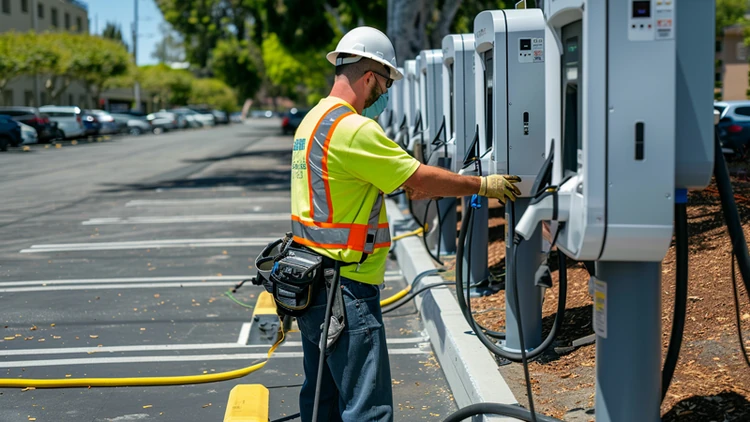But the technology would probably have to wait for the next generation of electric vehicles

It seems too good to be true: A new charging technology that would charge your phone in 60 seconds and your electric vehicle (EV) in about 10 or 12 minutes.
But researchers at the University of Colorado (UC) say the technology is within reach.
In a study published in the Proceedings of the National Academy of Sciences, UC chemical engineers report that they quickly stored energy by moving charged particles called ions through the tiny pores inside a supercapacitor an energy storage device with the potential for much faster charging than conventional batteries.
The primary appeal of supercapacitors lies in their speed, Ankur Gupta, an assistant professor of chemical and biological engineering, said in a statement.
Gupta said by making the ions move more efficiently the scientists were able to make their release of energy much faster. The faster release of energy, researchers say, results in faster charging.
But there are obstacles
That all sounds great, but people who purchased an expensive EV may be out of luck because it appears the new technology would have to wait for the next generation of electric vehicles.
Current EVs are powered by electric batteries. The new technology requires a supercapacitor that would have to either replace or be added to the battery.
And while batteries take much longer to charge, they hold as much as 10 times the charge as a supercapacitor. That means EVs equipped with supercapacitors would require more frequent charging.
According to Car Magazine, supercapacitors have another disadvantage they leak power when not in use. Still, Gupta describes his teams findings as the missing link that could lead to faster charging of all types of electric devices and wider acceptance of electric vehicles.
Photo Credit: Consumer Affairs News Department Images
Posted: 2024-05-29 13:38:05




















